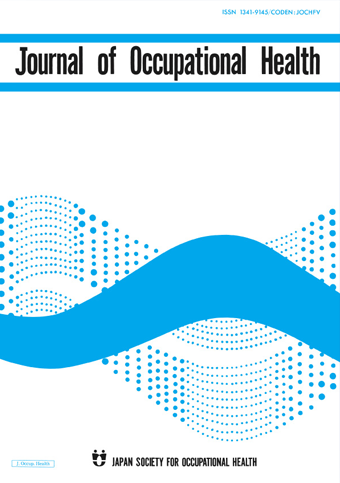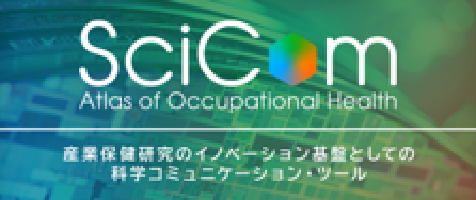Japanese Employers Provide Extensive Career Support to Full-Time Occupational Physicians
A company must care for its employees’ physical and mental health to maximize productivity and growth. In countries like Japan, the Industrial Safety and Health Act requires employers with more than 1,000 employees to implement an occupational health management system in their workplace. They can do so by appointing an exclusive occupational physician to manage any work-related disorders that an employee may have. Moreover, companies need more full-time and experienced physicians to provide uninterrupted health services.
However, an increasing number of physicians are leaving their positions after gaining experience, owing to a lack of on-the-job training during their early career. As a matter of concern, this issue deserves attention. Unfortunately, there have been no reports of such career support systems in companies across Japan.
A new study by researchers from the University of Occupational and Environmental Health in Japan identified the career support systems being offered to full-time occupational physicians by large Japanese companies. They interviewed the supervising occupational physicians of eight employers with more than 10,000 workers each. Participating companies included six manufacturing and two railroad companies. According to the responses, each of the eight companies had set up a system to train onboard occupational physicians, support them for specialization, foster leadership and managerial skills, and keep track of their growth within the organization.
Most of these companies also provided in-house multidisciplinary projects which encouraged the physicians to skill-develop their skills and leadership qualities. They placed their occupational physicians in different worksite environments to help them diversify their skill sets. These organizations have also been very supportive of research and academic endeavors. Many corporate groups even allowed their occupational physicians to pursue opportunities outside the company based on their interests, while ensuring that the company services were not compromised. Moreover, they established job grades and a promotion system for the physicians based on their experience and overall performance.
In the light of recent demand for occupational medicine specialists and career trends, companies must provide occupational physicians with both initial and ongoing support for their career development. Japanese companies are making a multitude of efforts in this direction, which may help retain their employees for a long time, promote their well-being, and benefit the company as a whole.
Link to the original journal article:
https://www.jstage.jst.go.jp/article/eohp/4/1/4_2022-0005-FS/_article/-char/ja
Corporate career support for full-time occupational physicians
Koji Mori, Akiko Matsuyama, Ayumi Fujimoto, Kakeru Tsutsumi, Masako Nagata, Kiminori Odagami, and Tomohisa Nagata
Here are some ways you can make it easier for your plain-language summary to be discovered once it has been published:
- Upload the summary on your personal, lab/research group, or university website.
- Share the published content with peers and colleagues through your personal social media accounts (Facebook, Twitter, Blogs, and LinkedIn). Link this back to the journal’s social media promotions for your paper.
- Include the link to the published post in your email signature line.
News & Announcement
-
Mar 14, 2025EOH-P has been listed on PMC/PubMed!The articles published in EOH-P have been registered with PMC/PubMed, the U.S. Nation...
-
Jun 11, 2021Lay Summary page open!Lay Summary page provides you article summaries in order of study categories. You can...
-
Oct 1, 2019EOH-P is now released!The Environmental and Occupational Health Practice (EOH-P) has been released. Please ...
Journal Info
Average 46.14 days from submission to first decision
Average 120.95 days from submission to acceptance







